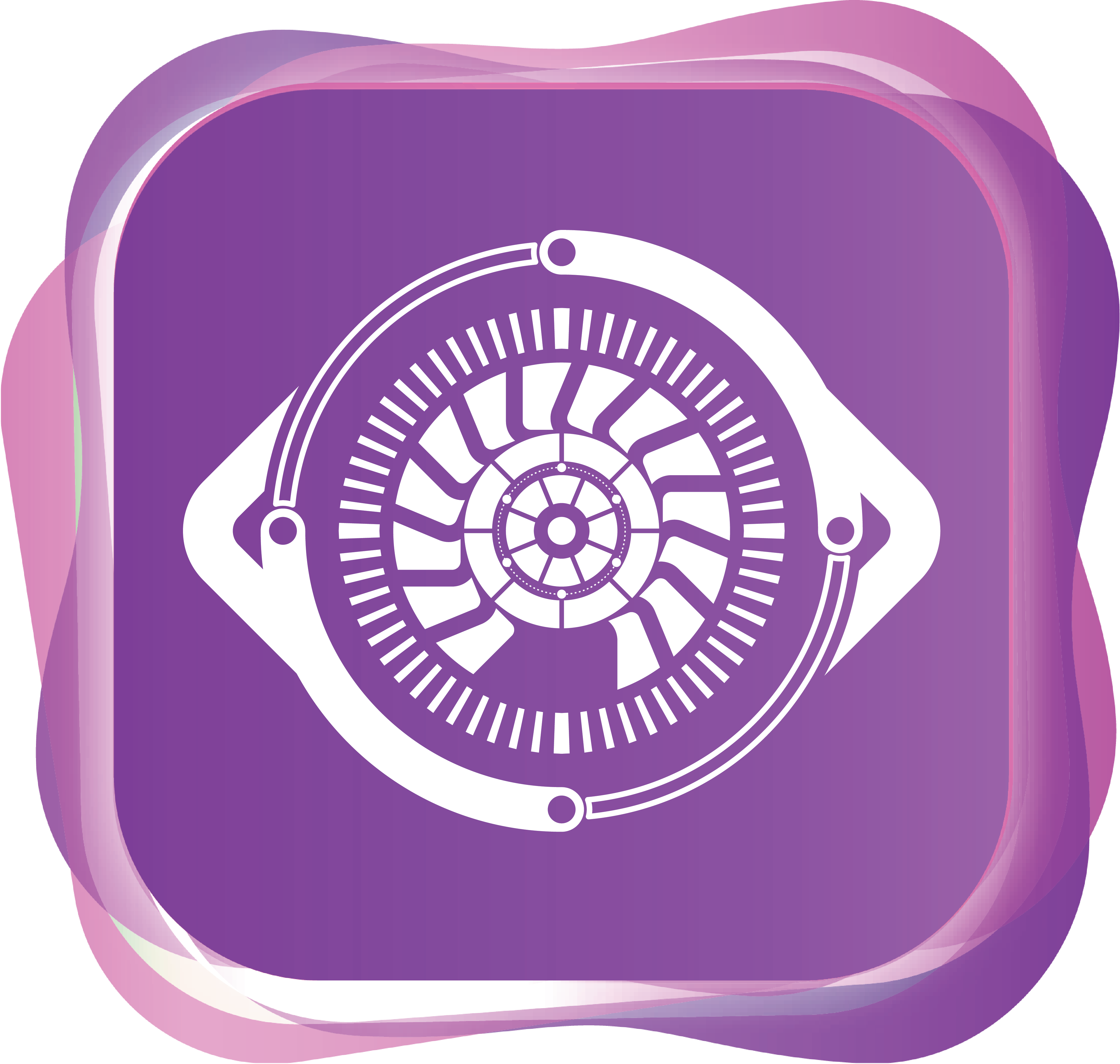 |
CCAI9029 Artificial Intelligence
|
Course Description
Artificial Intelligence (AI) and Extended Reality (XR) technologies are rapidly reshaping our interactions with the physical and digital worlds. This course explores how human visual perception has inspired and continues to influence advanced AI technologies—particularly computer vision and deep learning—and how these technologies facilitate dynamic, interactive experiences within the emerging digital environment known as the Metaverse.
We begin by examining the biological foundations of human vision, including the roles of the eye and brain in perceiving brightness, color, depth, geometry, and motion. Building upon this understanding, students will study how insights into human visual processing have driven advancements in computer vision and deep learning, enabling AI systems to perform tasks once thought uniquely human, and even surpass human performance.
Students will then explore how computer vision and deep learning technologies underpin augmented reality (AR), virtual reality (VR), and brain-computer interfaces (BCIs), creating immersive experiences within the Metaverse. Through practical laboratory sessions in our state-of-the-art Metaverse Innovation Laboratory, students will gain hands-on experience with XR hardware, software, and applications. Students will examine how these technologies may transform society, social interactions, economies, creativity, and daily life.
By completing this course, students will attain interdisciplinary knowledge, practical skills, and critical insights into AI foundations, applications, and societal implications, equipping them for lifelong learning in our increasingly AI-driven world.

Course Learning Outcomes
On completing the course, students will be able to:
- Explain key concepts of human visual perception and describe how these biological principles inspired computer vision and deep learning technologies.
- Describe the fundamentals underlying digital image representation, computer vision, deep learning, and blockchain technologies, identifying their capabilities and limitations.
- Discuss the concept and evolution of the Metaverse, including how AI-driven XR technologies (AR, VR, and BCIs) and blockchain enable immersive experiences and digital ownership.
- Apply practical skills to design, create, and present digital items or experiences for use in XR environments and the Metaverse.
Offer Semester and Day of Teaching
Second semester (Wed)
Study Load
| Activities | Number of hours |
| Lectures | 26 |
| Tutorials | 10 |
| Assessment: In-class quizzes (incl preparation) | 24 |
| Assessment: Group project (incl preparation) | 60 |
| Total: | 120 |
Assessment: 100% coursework
| Assessment Tasks | Weighting |
| Participation | 10 |
| Group projects | 40 |
| In-class tests | 50 |
Required Reading
Notes provided by the lecturer.
Selected articles from newspapers, magazines and websites.
Course Co-ordinator and Teacher(s)
| Course Co-ordinator | Contact |
| Dr D. Schnieders School of Computing and Data Science (Computer Science) |
Tel: 2857 8450 Email: sdirk@cs.hku.hk |
| Teacher(s) | Contact |
| Dr D. Schnieders School of Computing and Data Science (Computer Science) |
Tel: 2857 8450 Email: sdirk@cs.hku.hk |

